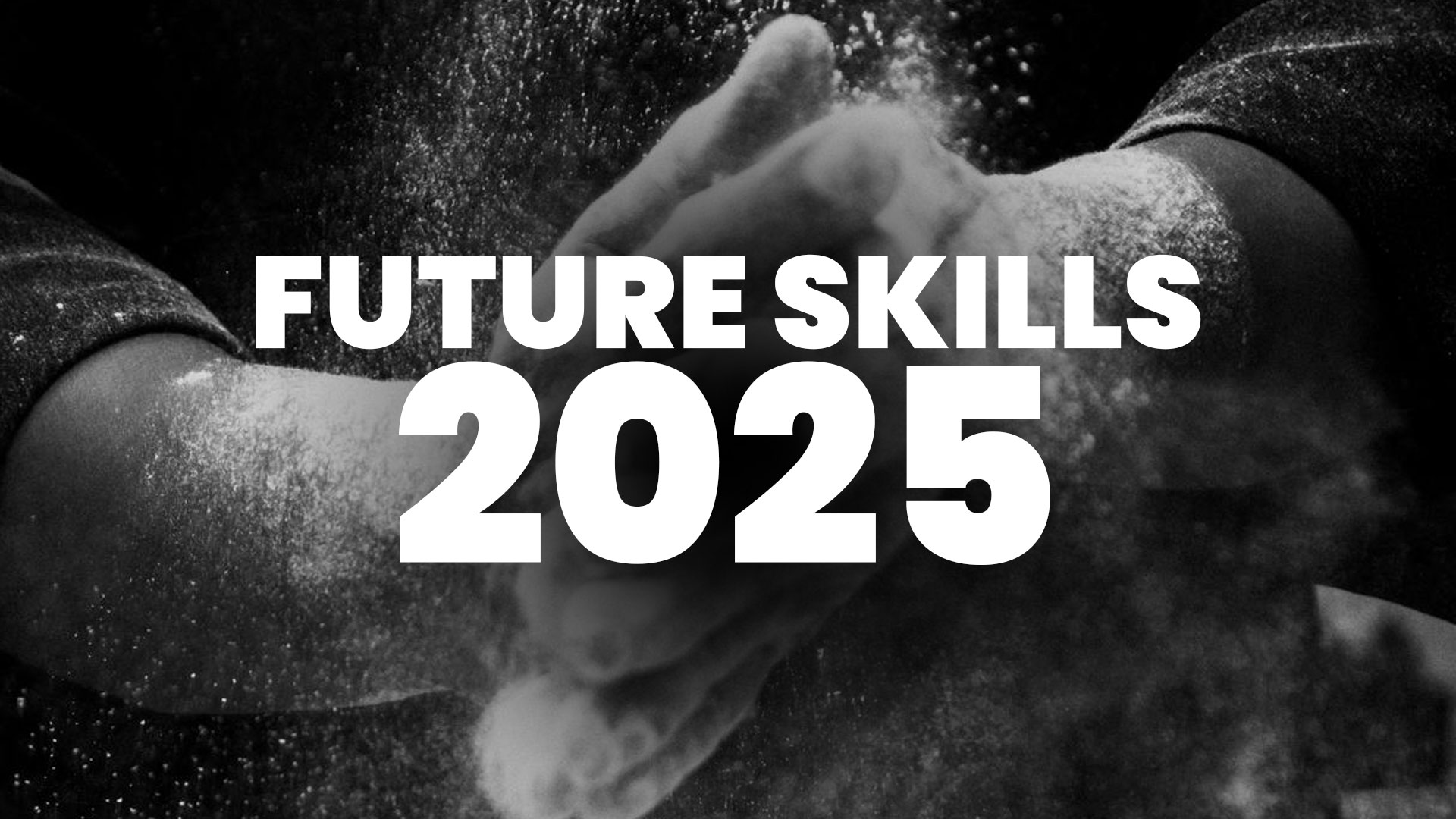Overview
The workplace is changing faster than ever. Artificial intelligence, automation, sustainability challenges, and globalization are reshaping how industries operate. Jobs that were secure yesterday may become irrelevant tomorrow. To survive and thrive, professionals in 2025 must continuously upgrade themselves with future-ready skills that go beyond traditional qualifications.
Below is a comprehensive list of essential skills that will future-proof your career and help you remain employable in 2025 and beyond.
1. Digital and AI Literacy
Why it matters: Every sector is adopting AI-powered tools, from healthcare to retail. By 2025, understanding how AI works won’t be optional—it will be a necessity.
Practical focus: Learn how to use AI platforms, interpret data, automate repetitive tasks, and integrate technology into daily workflows. Even basic coding or prompt engineering for AI tools can give you an advantage.
2. Data Literacy and Analytics
Why it matters: Data is now the most valuable resource for companies. Decisions are increasingly data-driven.
Practical focus: Learn how to analyze reports, read dashboards, and use tools like Excel, Power BI, or Tableau. Even non-technical professionals will need to understand data storytelling to communicate insights effectively.
3. Cybersecurity Awareness
Why it matters: Cyber threats are growing in frequency and complexity. Employees at all levels are responsible for data protection.
Practical focus: Develop awareness of phishing, secure password practices, and compliance regulations. IT professionals should go deeper with certifications like CEH (Certified Ethical Hacker) or CISSP.
4. Cloud Computing and Virtual Collaboration
Why it matters: Hybrid and remote work are here to stay. Cloud-based systems are the backbone of modern collaboration.
Practical focus: Gain hands-on experience with tools like Microsoft Teams, Google Workspace, Slack, and project management software like Jira or Asana.
5. Critical Thinking and Complex Problem-Solving
Why it matters: As automation takes over routine work, humans will be valued for making tough decisions in uncertain environments.
Practical focus: Strengthen reasoning skills, learn to evaluate evidence critically, and practice scenario-based decision-making.
6. Creativity and Innovation
Why it matters: Machines can’t innovate; they can only replicate patterns. Human creativity remains irreplaceable.
Practical focus: Cultivate idea-generation techniques, embrace design thinking, and explore innovation tools like brainstorming software or rapid prototyping.
7. Emotional Intelligence (EQ)
Why it matters: Leaders with empathy and employees with strong interpersonal skills will remain invaluable in digital workplaces.
Practical focus: Improve self-awareness, empathy, and conflict resolution. These skills make you a better communicator, negotiator, and leader.
8. Adaptability and Lifelong Learning
Why it matters: Jobs evolve faster than ever. Some careers may disappear entirely, while new ones emerge.
Practical focus: Build a habit of continuous upskilling through short courses, certifications, and professional communities.
9. Sustainability and Green Skills
Why it matters: Climate change pressures businesses to operate sustainably. Many roles will involve eco-friendly practices.
Practical focus: Learn about sustainable supply chains, renewable energy, waste reduction, and ESG (Environmental, Social, and Governance) standards.
10. Cross-Cultural Communication and Global Collaboration
Why it matters: Remote teams now span multiple countries and time zones. Professionals must work effectively across cultures.
Practical focus: Improve language skills, develop cultural awareness, and practice clear virtual communication.
11. Leadership and People Management
Why it matters: Managing hybrid teams requires new approaches to motivation and performance.
Practical focus: Learn coaching techniques, digital leadership strategies, and inclusive team-building.
12. Resilience and Stress Management
Why it matters: Fast-paced, uncertain workplaces demand mental strength.
Practical focus: Develop habits for work-life balance, mindfulness, and resilience training.
13. Entrepreneurial and Business Acumen
Why it matters: Companies want employees who think like business owners.
Practical focus: Understand revenue models, customer behavior, and financial basics. Be proactive in proposing new ideas.
14. Negotiation and Persuasion Skills
Why it matters: Professionals who can influence decisions will always be valuable.
Practical focus: Strengthen your ability to pitch ideas, build trust, and find win-win solutions.
15. Project Management and Agile Practices
Why it matters: Businesses run on projects, and projects are becoming more dynamic.
Practical focus: Learn project management methodologies like Agile and Scrum. Tools like Trello or Jira are essential.
16. Ethical Awareness in Technology Use
Why it matters: With AI raising concerns about privacy and fairness, ethical responsibility will grow.
Practical focus: Stay informed on AI ethics, workplace ethics, and data responsibility.
17. Financial Literacy
Why it matters: Every role has a financial impact. Understanding costs, budgeting, and profitability makes you a stronger contributor.
Practical focus: Learn the basics of financial planning, ROI (Return on Investment), and how business decisions affect the bottom line.
18. Digital Marketing and Personal Branding
Why it matters: In the age of social media, visibility and influence are professional assets.
Practical focus: Learn SEO, social media strategy, and how to build a professional online presence (especially on LinkedIn).
19. Networking and Relationship-Building
Why it matters: Career opportunities often come from connections, not just qualifications.
Practical focus: Build both offline and online networks, attend industry events, and nurture professional relationships.
20. Interdisciplinary Knowledge
Why it matters: Problems in the future will require solutions that cut across industries.
Practical focus: Combine knowledge from multiple fields—such as tech + healthcare, or finance + AI—to create unique value.
21. Storytelling and Communication Skills
Why it matters: Data and ideas are only valuable if they’re communicated well.
Practical focus: Learn public speaking, presentation design, and business writing. Storytelling will remain a powerful tool in leadership and marketing.
Conclusion
The future workplace will belong to those who combine technical expertise with human-centered strengths. Mastering AI tools is important, but so is creativity, resilience, adaptability, and leadership. The most employable professionals in 2025 will not be those with the most degrees, but those who continuously evolve, embrace change, and connect technology with human value.
